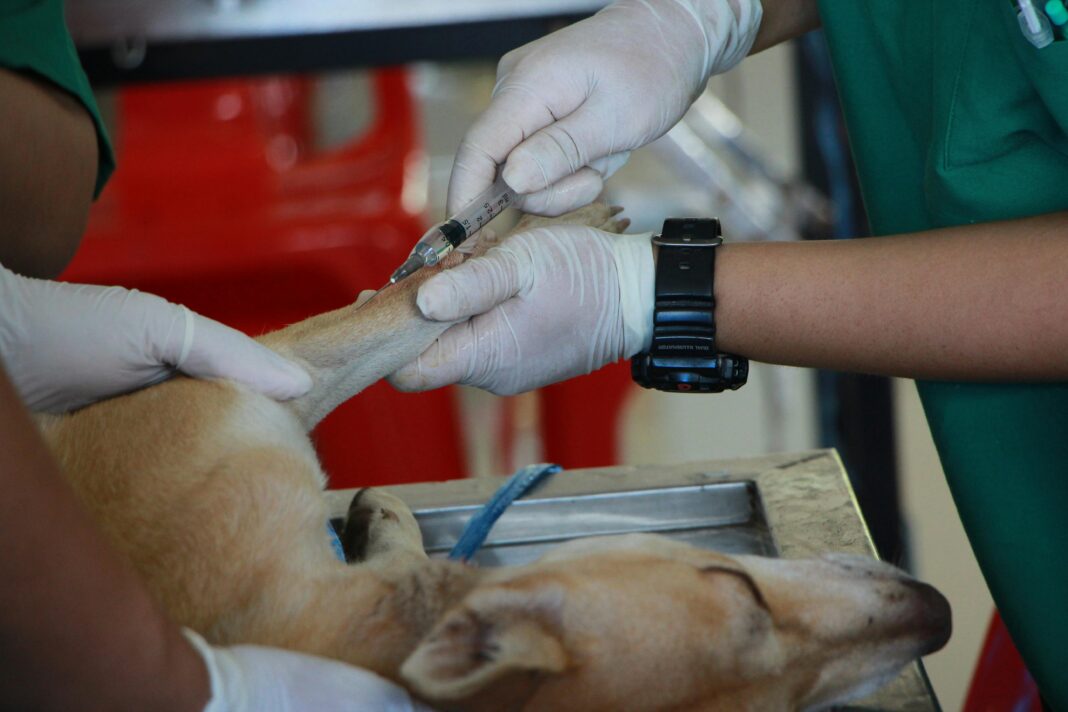Fleas can be a persistent nuisance for pet owners and their beloved furry companions. Understanding how to effectively prevent and manage fleas is essential for maintaining the health and happiness of your pets. This guide is designed to help you navigate the best flea prevention products available, focusing on practical tips and insightful information.
What Are Fleas?
Fleas are tiny insects that feed on the blood of mammals and birds. They can quickly multiply, leading to infestations that affect not only your pets but also your home. A single female flea can lay up to 50 eggs per day, which can fall off your pet and litter your living space, making prevention vital.
Causes of Fleas in Pets
Fleas thrive in warm and humid environments, making them particularly problematic during summer months. Pets can easily pick up fleas from:
-
- Other animals: Visiting parks, kennels, or homes with infested animals can lead to flea transmissions.
-
- Outdoor environments: Fleas can jump from grasses and shrubs onto your pet’s fur during walks.
-
- Flea-infested areas: Infestations can develop in homes, especially if pets are allowed to roam freely.
Symptoms of Flea Infestation
Recognizing the signs of a flea infestation early can help you take swift action. Common symptoms to watch out for include:
-
- Excessive scratching: If your pet is scratching, biting, or grooming excessively, it could be due to fleas.
-
- Flea dirt: Look for tiny black specks (flea feces) in your pet’s fur or bedding.
-
- Red or irritated skin: Flea bites can lead to dermatitis and other skin issues.
-
- Restlessness: An infested pet may show signs of discomfort and restlessness.
Diagnosis of Flea Infestation
If you suspect that your pet has fleas, consider the following diagnostic steps:
-
- Examine your pet’s fur: Part their fur and look for live fleas or flea dirt.
-
- Check your home: Use a flea comb to catch any fleas or debris in the coat.
-
- Consult a veterinarian: If uncertain, a vet can perform a thorough examination and recommend appropriate flea treatments.
Treatment Options
Once fleas are detected, it’s crucial to act promptly. The treatment options available include topical treatments, oral medications, and long-acting collars. Here are some popular products you might consider:
1. Topical Treatments
Topical treatments are easy to apply and effective in killing fleas at all life stages.
-
- Frontline Plus: This treatment kills fleas within 24 hours and continues to protect against infestations.
-
- Advantage II: It targets adult fleas and their larvae, ensuring long-lasting protection.
2. Oral Medications
Oral medications offer a convenient way to eliminate fleas internally.
-
- Comfortis: This chewable tablet begins killing fleas within 30 minutes and protects against re-infestation for up to a month.
-
- Capstar: Ideal for immediate action, Capstar can start killing fleas within just 30 minutes.
3. Flea Collars
Flea collars provide continuous protection against fleas and can be a good option for dogs and cats.
-
- Seresto Collar: This long-lasting collar is effective for up to eight months and repels both fleas and ticks.
-
- Sentry Fiproguard: A budget-friendly option that protects against fleas for several months.
Prevention Strategies
Preventing fleas is always more effective than dealing with an infestation. Here are some practical tips:
1. Regular Grooming
Groom your pets regularly using a flea comb. This not only helps remove fleas but also strengthens your bond with your pet.
2. Environmental Control
-
- Wash Bedding: Regularly wash your pet’s bedding and vacuum your home to eliminate eggs and larvae.
-
- Yard Maintenance: Keep grass trimmed and clear away debris from your yard where fleas can thrive.
3. Year-round Protection
Consider implementing a year-round flea prevention regimen. Many products offer protection that extends beyond the typical flea season.
4. Use a Multi-pronged Approach
Don’t rely solely on one method of prevention; use a combination of treatments, such as topical solutions alongside household sprays or foggers.
Natural Flea Prevention
For those who prefer organic options, natural remedies can be effective. Consider introducing the following:
-
- Essential Oils: Oils like peppermint, lavender, and cedarwood can deter fleas when diluted properly.
-
- Diatomaceous Earth: This natural powder can be sprinkled in your home and yard to kill fleas by dehydrating them.
Key Takeaways
Using effective flea prevention products and strategies is vital for maintaining your pet’s health. Regular grooming, combined with topical treatments, oral medications, and environmental controls, creates a comprehensive approach to keeping fleas at bay. Whether you choose chemical or natural remedies, be proactive in your pet care routine to ensure a flea-free environment for your furry friends. By staying informed and prepared, you can enjoy the company of your healthy pets without the worry of fleas.





